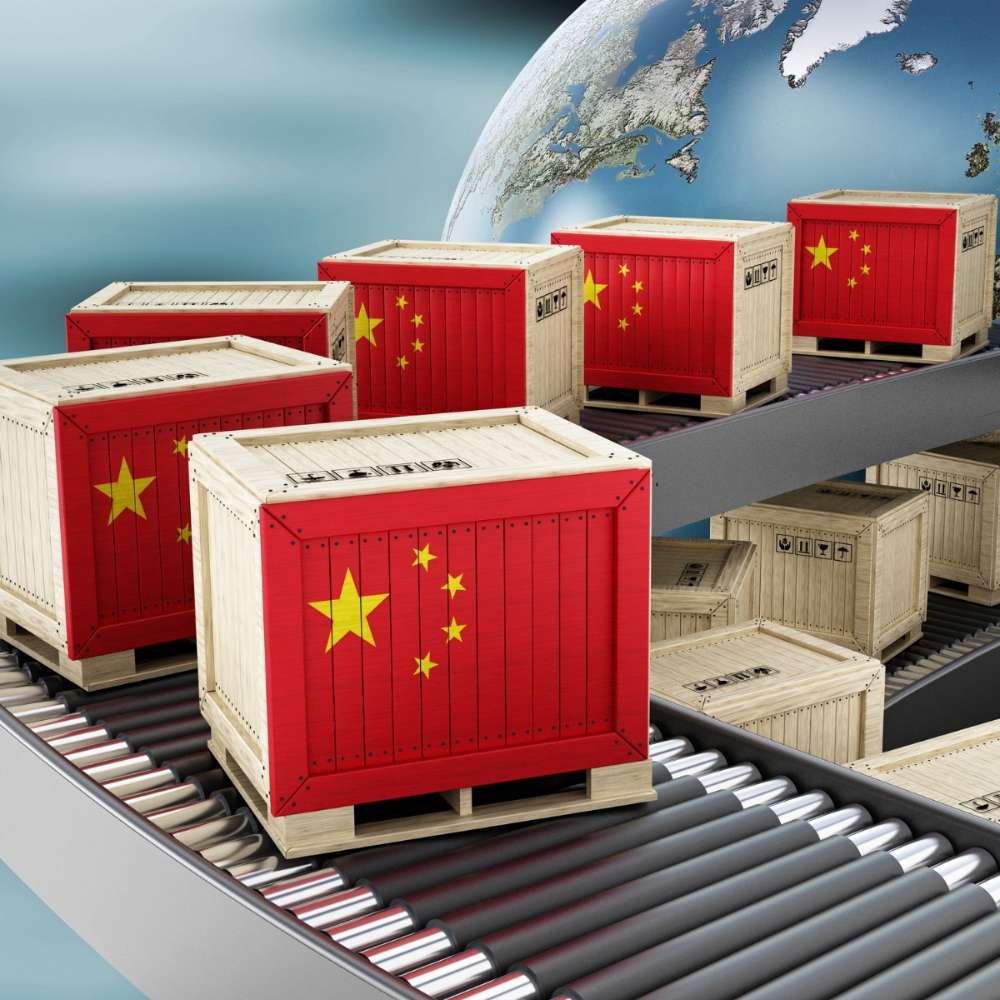China Halts Exports of Crucial Minerals Amid Tariff Retaliation
As trade tensions between the U.S. and China intensify, Beijing has taken a decisive step by suspending exports key of China’s Rare Earth minerals and magnets vital to global manufacturing. These materials are indispensable in producing electric vehicles, semiconductors, drones, aerospace components, and military equipment. The decision follows the U.S. administration’s recent tariff hikes, prompting to implement restrictions on six heavy China’s Rare Earth elements and rare earth magnets—90% of which are produced domestically.
Although China claims the suspension is part of drafting a new export licensing system, many industry experts view it as a direct response to mounting U.S. trade pressure. The licensing system, still under development, could delay or permanently block shipments to certain foreign companies, particularly American military contractors. At several ports across China, shipments of the restricted minerals have already been halted, fueling uncertainty over global supply stability.
Global Industry Scrambles as Supply Chains Face Disruption
The halt in China’s Rare Earth exports has sent shockwaves across multiple industries. Without access to heavy rare earth magnets, manufacturers in the U.S., Europe, and Asia may soon face production bottlenecks. These magnets are essential for the functioning of electric motors in electric vehicles, robotics, missiles, and drones. Even traditional gasoline-powered cars rely on them for components like steering systems.
Compounding the issue, China’s dominance in this market is virtually unchallenged—until 2023, it produced 99% of the global supply of heavy rare earth metals. With a Vietnamese refinery offline due to a tax dispute, China now enjoys an effective monopoly. Japan and Germany produce some magnets, but remain heavily reliant on Chinese raw materials. The sudden export freeze could therefore cause widespread shortages, especially as some American companies keep little to no inventory due to the high costs of stockpiling.
American Elements CEO Michael Silver noted that his company was told it could take up to 45 days before export licenses would be issued. While his firm has enough stock to fulfill current contracts, many others may not be as prepared. Meanwhile, Chinese customs enforcement has been inconsistent—some ports are blocking all exports unless shipments are proven to be free of restricted materials, while others allow limited exports under specific conditions.
Strategic Implications and Future Outlook
The China’s Rare Earth export freeze poses a significant threat to U.S. defense and technology sectors. James Litinsky, CEO of MP Materials, which operates the only rare earth mine in the U.S., warned of national security risks: “Drones and robotics are the future of warfare, and the inputs needed for our supply chains are being shut down.” With China also barring interactions between its companies and certain U.S. military contractors, fears are mounting about long-term access to critical materials.
China’s strategic control over these resources is no accident. The world’s richest heavy rare earth deposits lie in Jiangxi Province, home to key refining and magnet manufacturing hubs like Ganzhou. The JL Mag Rare-Earth Company, a major supplier to Tesla and China’s BYD, operates from this region. Xi Jinping’s 2019 visit to the facility was widely interpreted as a signal of China’s willingness to use rare earths as geopolitical leverage—a threat now being realized.
As Beijing tightens control and global demand remains high, the world is left grappling with a fragile supply chain. Industry leaders and policymakers alike are now under pressure to diversify sourcing and reduce dependence on China—before a temporary pause becomes a prolonged disruption.







